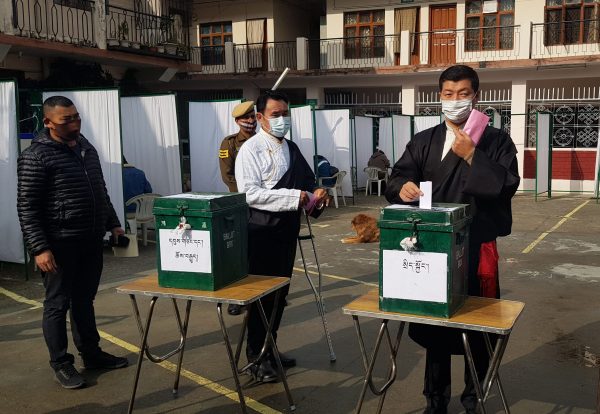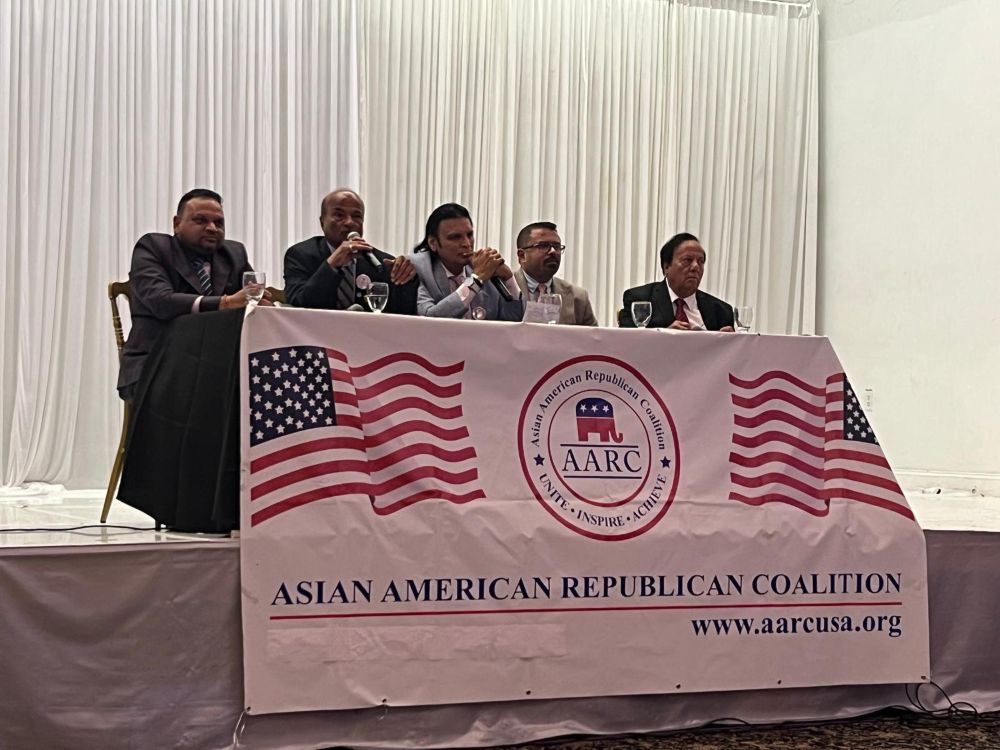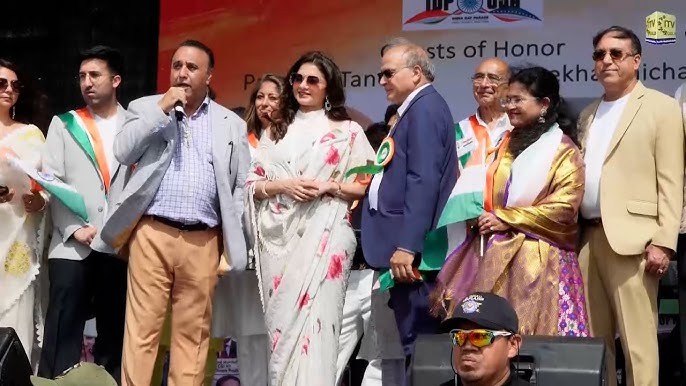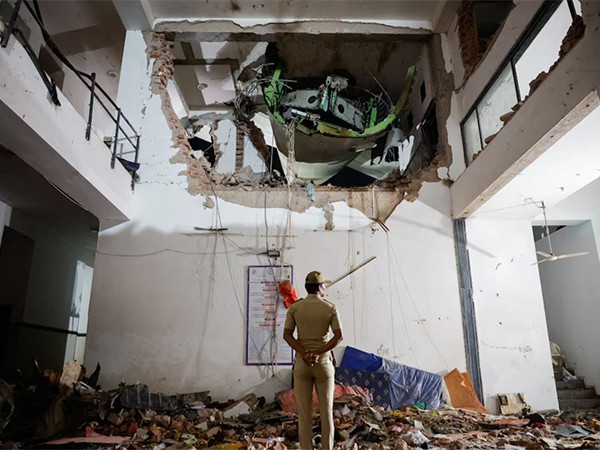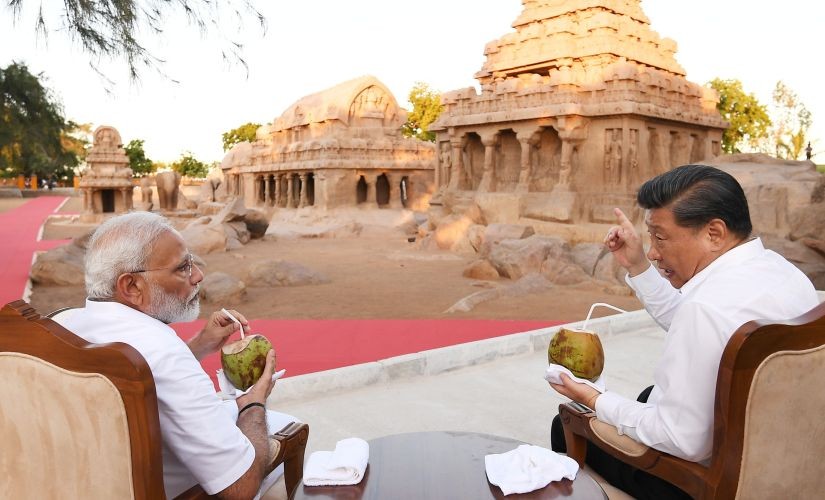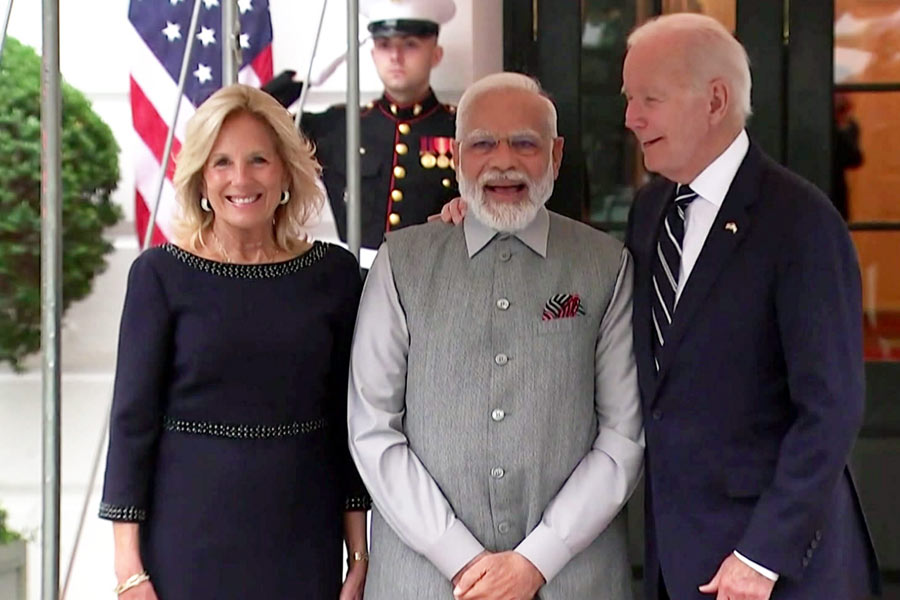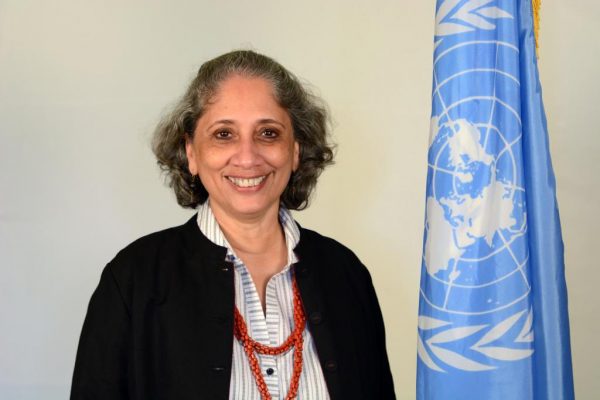First election after Tibetan Policy and Support Act 2020 passed in the US Congress
S Gopal Puri
Dharamsala, HP
Following sharp reactions from China, Tibetans living in exile across the globe have voted on January 3 to elect their new political representative who will head Central Tibetan Administration (the global headquarters of Tibetans situated in India).
Counting of the votes is underway as votes have been casted in different parts of the world. Well-placed sources told The Indian EYE that till Wednesday Penpa Tsering was leading with 15,138 votes. Tsering had served two terms as Speaker for the Tibetan parliament in exile.
There are total eight candidates in these elections to elect new political head for the Tibetans. Dolma Gyari was on the second number after Tsering with 9,612 votes. Gyari had served Tibetan cabinet as home minister. Kelsang Dorjee Aukatsang (Kaydor), who has been special advisor to Sikyong Lobsang Sangay and the Dalai Lama’s representative to North America, was on third with 9,576 votes.
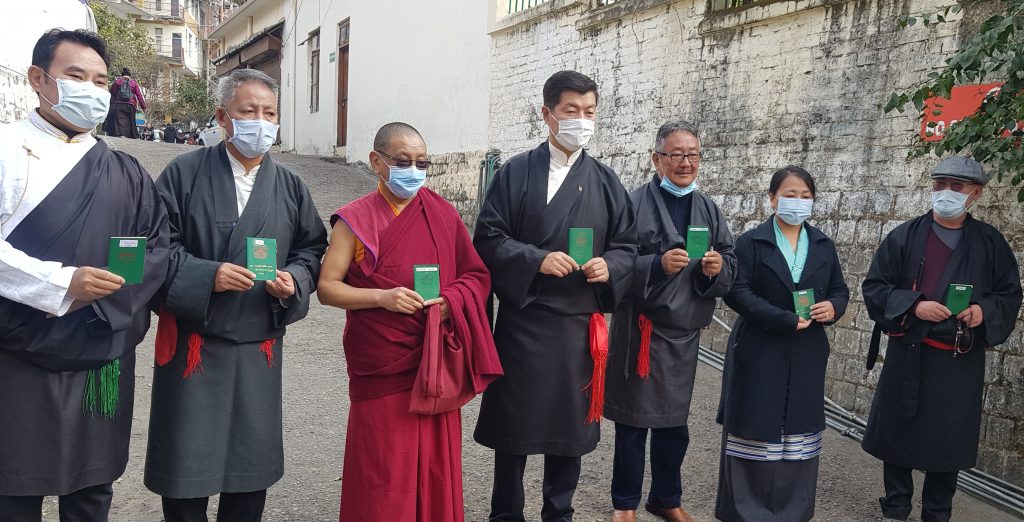
Elections are being conducted by Tibetan election commission in various countries of the world where Tibetan communities are there. Local election commissioners have been appointed to conduct the ballot voting and send the details to Dharamshala, India at the headquarters of the election commission.
Tibetan Election Commission will finally nominate two main candidates in the first round of elections (January 3, 2021) who shall contest for the post of Sikyong (the political head) in the second round to be conducted on April 13, eight candidates who are among the front runners.
Lobsang Sangay, a Harvard-trained scholar of law, has now served two consecutive five-year terms as Sikyong of the Central Tibetan Administration (CTA) since 2011 and will leave that post when his present term ends in May 2021.
The Jan. 3 vote for Sikyong and for members of the 17th Tibetan parliament in exile will be followed by a second, and final, round of voting on April 11, the CTA’s Chief Election Commission says.
The candidates in fray are: Dongchung Ngodup, the Dalai Lama’s representative in New Delhi; Penpa Tsering, former Speaker of TPiE and former envoy in Washington D.C who contested in 2016 too; Kelsang Dorjee Aukatsang (Kaydor) who has been special advisor to Sikyong Lobsang Sangay and the Dalai Lama’s representative to North America; Dolma Gyari, former deputy speaker; Acharya Yeshi, incumbent Deputy Speaker; Lobsang Nyandak, former minister based in New York; Tashi Wangdu, former CEO (Federation of Tibetan Cooperative Societies, Bangalore); and Tashi Topgyal who is based in Shillong.
The 2021 elections will be held to elect the president and 45 members of the TPiE. According to the CTA’s Election Commission, nearly 80,000 Tibetans living outside Tibet have registered for voting so far, including roughly 56,000 living in India and 24,000 in other countries. One last round of registration is pending, and any Tibetan aged above 18 as per one’s identity document called Tibetan Green Book is eligible to vote following registration. Only Tibetans living outside the subcontinent will elect their MPs based on their current geographic location. Besides MPs, voters will make their choice of the President as well.
The Tibetan diaspora is estimated to include about 150,000 people living in 40 countries. Among these, 82,818 registered to vote in the 2011 election, of whom 48,482 voted, and 90,877 registered for the election in 2016, of whom 59,853 turned out to vote.
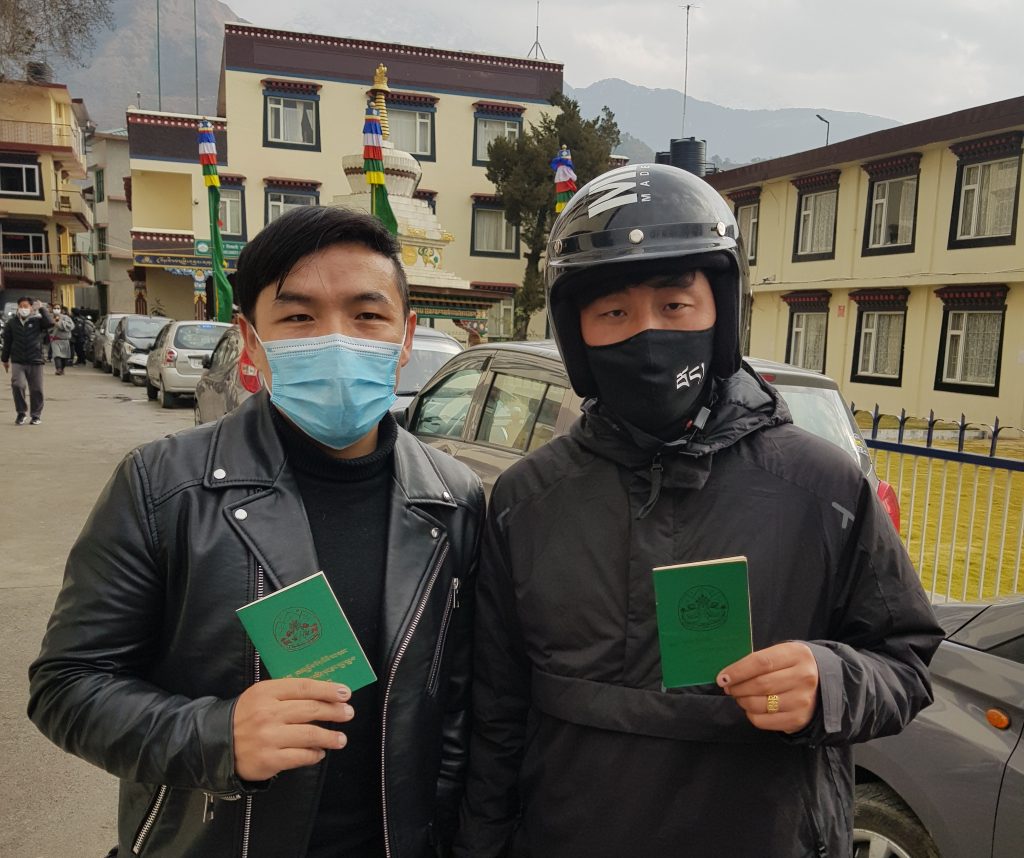
The number of Tibetan exiles registering to vote has climbed in recent years, but some have voiced concern over the possible impact of COVID-19 related restrictions on public balloting held in the many countries in Europe, North America, India, and elsewhere in Asia where Tibetans have made their home after fleeing China’s rule.
These elections are being held after the Tibetan Policy and Support Act 2020, was passed in the U.S. Congress. Reached for comment by Radio Free Asia, current CTA president Sikyong Lobsang Sangay welcomed U.S. acknowledgement of the Central Tibetan Administration and its leaders, calling the move a “significant signal to Beijing,” which had strongly objected to a Nov. 20 visit by Sangay to the White House to meet with administration officials.
Kashag (Cabinet) is Central Tibetan Administration’s highest executive office and comprise seven members. It is headed by the Sikyong (political leader) who is directly elected by the exiled Tibetan population. Sikyong, subsequently nominates his seven Kalons (ministers) and seeks the parliament’s approval. The Kashag’s term is for five years.
It was On March 14, 2011, the Dalai Lama devolved his political leadership and the Charter was amended. The political leadership was transferred to Kalon Tripa who was called Sikyong or president of the Central Tibetan Administration.
















